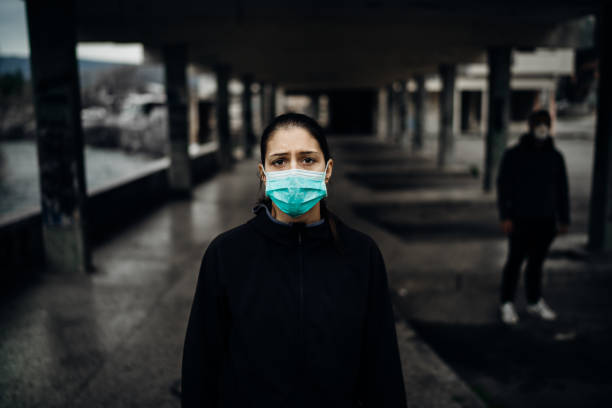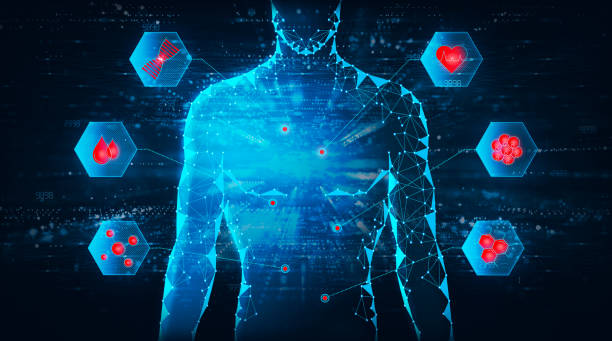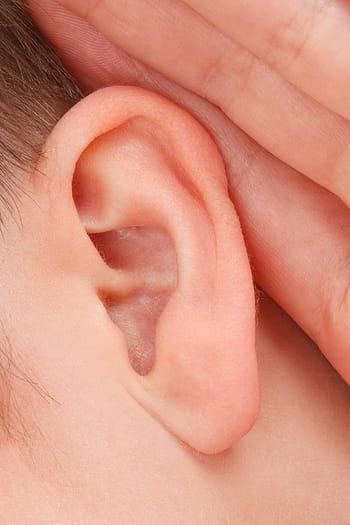
Introducing the Impact of Oral Health on Your Immune System
Oral health is important for the overall health and well-being of the body. It can be achieved through proper brushing, flossing, and regular checkups.
Oral health has been linked to the immune system. There are a number of reasons why oral health is important for your immune system. One reason is that your mouth houses a lot of germs that can cause illness if they get into your bloodstream. Another reason is that oral bacteria in your mouth produce chemicals that help protect you from other bacteria in your body.
The impact of oral health on the immune system has been studied by numerous medical professionals who have found that it helps to boost immunity and fight off infections like colds and flu.
The Importance of Oral Health in Supporting the Immune System
The oral microbiome is the collection of microorganisms in the mouth. It is a dynamic, living ecosystem that is constantly changing and adapting to our environment. The oral homeostasis refers to the balance of all components within this ecosystem. It includes the number of microbes and their diversity, as well as how they interact with each other and with our immune system.
Oral health support can be achieved by maintaining a healthy oral microbiome and homeostasis through regular brushing and flossing, limiting sugar intake, avoiding alcohol exposure, drinking enough water, eating a balanced diet, exercising regularly, staying away from smoking or second-hand smoke exposure, and maintaining oral hygiene. Oral health support can also be achieved by addressing specific issues that may be causing changes in the oral microbiome, such as dental care, herbal supplements, or antibiotics.
The mouth is home to a diverse group of microorganisms in the form of bacteria, viruses and fungi. These microbes are known to aid our immune system by identifying harmful bacteria and helping to keep infections at bay. However, if too many bad bacteria become present in the mouth there will be a negative effect on our overall health as well as an imbalance within this homeostasis.
Read also: Recommended Foods for a Healthy Immune System
Oral Health and Immune Response Systems
The oral microbiome is an important part of the human immune system. The oral microbiome is the community of bacteria that live in the mouth and is composed of both good and bad bacteria. The diversity of this community can be used to find out what causes dental caries and other diseases.
The oral microbiome can also be used for diagnosing diseases such as periodontitis, diabetes, rheumatoid arthritis, tuberculosis, and even cancer. However, it cannot diagnose all diseases because it does not include all pathogens in the body. The oral microbiome has been studied for a long time but recently scientists have started to study how it changes during different stages of life such as pregnancy or menopause.
The oral microbiome is different from the gut microbiome because it includes only organisms found in the mouth. The most common organisms are “Streptococcus mutans” (mutans streptococci), which produce a variety of substances such as acids that can cause dental caries, and “Lactobacilli”, which coexist with other microbiota and help maintain oral health by competing with pathogenic bacteria and producing lactic acid, preventing tooth decay. They were first identified by K.G. Lowry in 1928 but were not classified into species until 1938 and their physiological significance was discovered by Gwynne Prescott.
How Does the Immune System Affect Other Organs?
The immune system is a complex network of cells, tissues, and organs that work together to protect the body against pathogens and infections. The macrophages in the gut are responsible for clearing out any bacteria or other harmful agents that might be present in the gut. They also produce cytokines, which help to regulate inflammation throughout the body.
Macrophages in the heart are mostly responsible for clearing out any debris or infection that might be present in a damaged organ. They also produce cytokines, which help to regulate inflammation throughout the body.
How Can We Help Ourselves by Improving our Oral Bacteria?
The oral microbiome is a collection of bacteria that reside in the mouth and can affect the health of its host. It is important to maintain a healthy oral microbiome because it helps to protect against dental caries and periodontal disease. It is important to maintain a healthy oral microbiome because it helps to protect against dental caries and periodontal disease. It is also necessary for maintaining overall health.
Adults have an average of four to six bacteria types in their mouth, the most abundant being Streptococcus mutans. Some research has shown that children have an average of 90 bacterial types in their mouth and that these are more diverse than those found in adults. The oral microbiome is composed mostly of gram-positive bacteria as well as a variety of different strains within the firmicutes phylum. Other common organisms include Actinobacteria, Enterobacteria, Bacteroidetes, and Proteobacteria. Some other types occasionally present but are rare include Veillonella sp ., Fusobacteria and Chlamydia.
The abundant diversity in the oral microbiome is mainly a result of the diet and life style of an individual. Many diseases and conditions are associated with a change in the oral microbiome, including periodontitis, obesity, diabetes mellitus, atherosclerosis/cardiovascular disease, inflammatory bowel disease (IBD), autism spectrum disorders (ASD), neurodegenerative diseases such as Alzheimer’s disease, Parkinson’s disease and amyotrophic lateral sclerosis (ALS), periodontal infections, cancer-related oral malignancies such as squamous cell carcinoma or sarcoma, and oral diseases such as lichen planus.
The oral microbiome is a complex community of microbial species not reproducing sexually. The bacterial communities in the mouth are “bacterial metagenomes”, meaning that they are formed by the non-sexual exchange of genetic material among large populations of microbes. The mouth is inhabited by both “friendly” commensal bacteria and potential pathogens.
Conclusion: It’s Time to Take Better Care of Your Mouth – And Defend Yourself Against Disease!
The mouth is the gateway to the body, and it is an important part of our life. However, many people don’t take care of their mouths properly. This can lead to oral diseases such as gum disease and tooth decay.
Our oral health is an essential part of our overall health and well-being. By taking care of our oral health, we can strengthen our immune system and reduce our risk of developing health problems, including infections and inflammation.
Remember to brush and floss regularly, use mouthwash, eat a healthy diet, avoid smoking and excessive alcohol consumption, and visit your dentist (schedule a visit with a Dentist Kelowna BC) regularly. By doing so, you can support your immune system and enjoy a healthier, happier life.



 Every person’s innate immune system defends against pathogens like bacteria and viruses from birth. Innate defenses include skin, mucous membranes, and inflammation. The good news is that phagocytes can eat hazardous germs. Imagine them as alert knights in gleaming armor, searching the land for danger.
Every person’s innate immune system defends against pathogens like bacteria and viruses from birth. Innate defenses include skin, mucous membranes, and inflammation. The good news is that phagocytes can eat hazardous germs. Imagine them as alert knights in gleaming armor, searching the land for danger.
 Do cuts, scrapes, or other wounds heal considerably more slowly than usual? This may indicate that your body’s natural healing systems are having difficulty.
Do cuts, scrapes, or other wounds heal considerably more slowly than usual? This may indicate that your body’s natural healing systems are having difficulty. 

 Coca leaf tea, a revered and ancient beverage, holds a special place in the hearts and cultures of many South American communities. This herbal infusion, known for its mild stimulant effects and rich cultural heritage, varies in preparation and consumption traditions across different regions. In this article, we delve into the traditional ways of making and enjoying coca leaf tea from Coca Leaf Café, highlighting various regional recipes and practices.
Coca leaf tea, a revered and ancient beverage, holds a special place in the hearts and cultures of many South American communities. This herbal infusion, known for its mild stimulant effects and rich cultural heritage, varies in preparation and consumption traditions across different regions. In this article, we delve into the traditional ways of making and enjoying coca leaf tea from Coca Leaf Café, highlighting various regional recipes and practices.


























